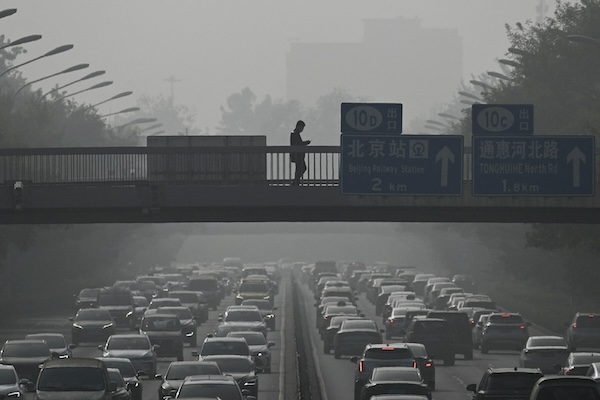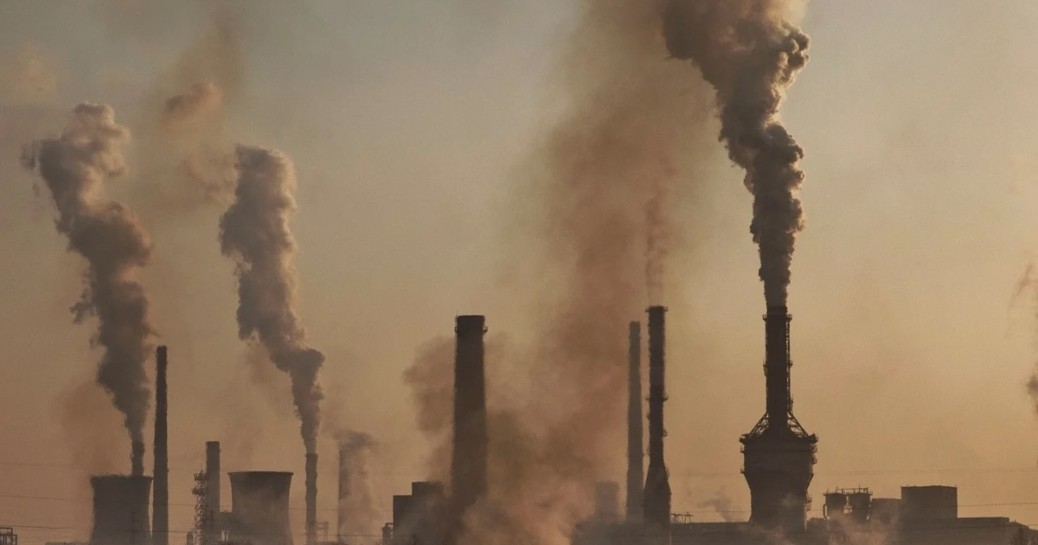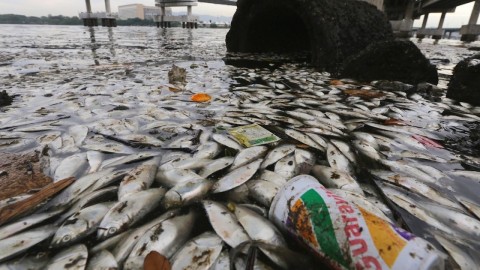China's Child Policy Changes Will Increase Carbon Emissions
A new study by UCL researchers has concluded that relaxing its restrictions on family size will make it more difficult for China to achieve its goal to be carbon neutral by 2060.
The paper, published in Nature Climate Change, is the first research to analyse the impact of a country’s population policies on its future carbon emissions.
UCL researchers estimated the carbon footprint of China’s projected population under its different fertility policies, including its former two-child policy, current three-child policy and a hypothetical ‘replacement-level’ birth rate (of 2.1 children), that would maintain the country at its current population level of approximately 1.4 billion indefinitely.
The study found that by relaxing its fertility policies and allowing for more children, China’s future population and associated carbon footprint will be greater than it would have otherwise been, making it far harder for the country to achieve its intended goal of carbon neutrality by 2060.
Originally implemented in 1979 to reduce demand on the country’s resources, China’s one-child policy largely limited its population growth. It also had the effect of making the country demographically older over time, with fewer young people to offset the aging population. This one-child policy was replaced with a two-child policy in October 2015, and then by its present three-child policy in May 2021, aimed at reducing China’s median age.
The researchers analysed the projected carbon footprints from the different projected demographics under the three different population policies through to 2060, when China aims to be a carbon neutral country.
China averages about 2.34 tonnes of CO2 per capita, similar to that of Mexico, and about three times that of India. However, this average is not universal across age demographics or regions in China. Younger generations have higher household carbon footprints (1.21 to 2.93 higher) than their elders, largely attributed to greater wealth which leads to greater consumption. The researchers found that now official policy allows for up to three children in China and the younger generations are wealthier than their elders, China is facing a potentially large increase in carbon emissions, reversing the previous trend.
In addition, the paper estimated the impacts of delayed retirement policies on China’s future carbon footprint. In September 2024, China announced plans to gradually raise its retirement age over the next 15 years, which the researchers found would contribute further to an increase in its carbon footprint.


Got something to say about this? Join the discussion now!
Remember, you need to be registered to take part.
- This topic has 3 replies, 1 voice, and was last updated 1 month ago by .











